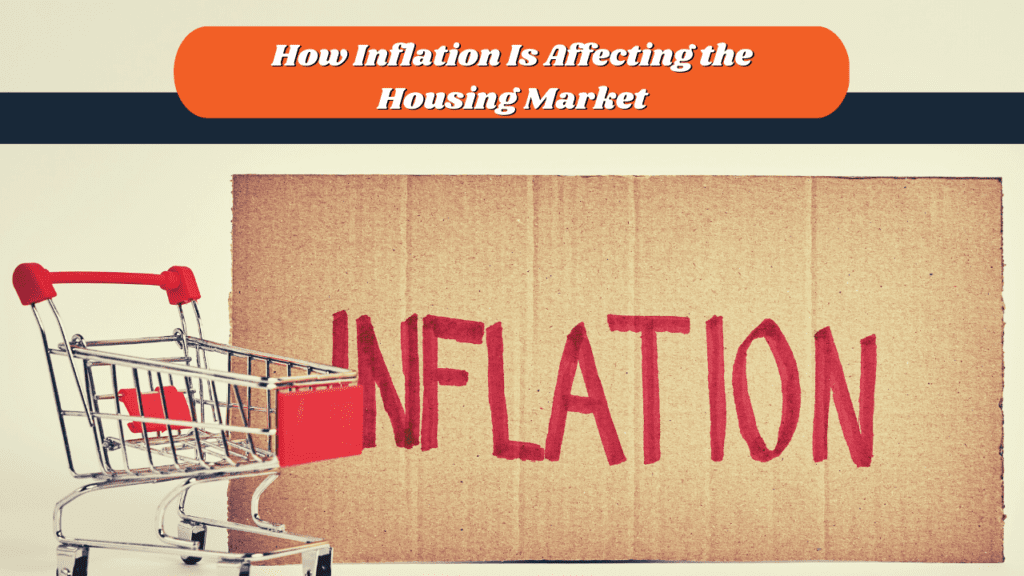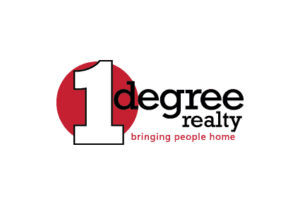
The US economy is currently going through inflation, which is having a direct influence on the St. Louis, Missouri property market. Inflation occurs when prices rise due to increased demand for products or services. Because of the rising cost of living, home buyers and sellers in this Midwestern city are trying different tactics when making real estate investments.
Inflation can make it difficult for potential homeowners to afford homes in St. Louis because of the rising cost of living. This is a primary reason the housing market has been slow to recover in this region over the last 15 years. The average home price in St. Louis is currently around $342,106 – which is roughly overvalued by 21.4% and is 5.4% higher than in December 2021. This makes renting more expensive than ever before and can be especially difficult for those on fixed incomes, such as seniors or students with limited income sources.
While inflation has caused a rise in home prices and rent costs, it has also made it easier for those who are looking to sell their home. It’s important to take into account all of the factors that are affecting the market when making decisions about real estate investments or purchases — as this can ultimately lead to better results and more satisfaction with your final decision.
Inflation and the St. Louis Housing Market
The following are ways to look out for how inflation might hurt your next real estate purchase or St. Louis investment property:
Unsteady Home Values
The housing market evolving with inflation takes a toll on both home buyers and sellers. The market disturbances that result from an inflated market may have an impact on your next home purchase.
With costs of living soaring, it is logical to believe that home values will soon fall into line. Yet, housing values soared at the beginning of this year, with an average value of residential properties exceeding $400,000. Investors may begin to withdraw from house sales as inflation chips away at their pockets.
However, with high inflation, expenses may stamp down buyers, and home values may fall. Despite these issues, which have the potential to decrease home demand and lower prices, a huge housing market crash is yet to be anticipated this year.
Increasing Mortgages Rates
Following a Fortune Magazine story, mortgage rates rose to more than 50% and are now hovering around 6.5%. This increase is due to the Federal Reserve boosting the interest rates to counter inflation. Although this move does not directly determine the mortgage rate, it still has a significant impact on the curbs of mortgage rates.
Rising Construction Rates
With inflation rising, material costs rise as well. As a result, construction firms may need help to build new homes or modify old ones. Eventually, those high expenses may seep into the housing market, raising home prices for construction.
Slowing Housing Sales
As inflation eats away at consumers’ finances, they may reconsider purchasing a home. This could lead the real estate market to stagnate or even reverse its current stage.
Inflation is having a direct impact on the housing market in St. Louis, Missouri, and it is important for both buyers and sellers to be aware of the current market conditions. By understanding the factors that are affecting the real estate industry, those involved in the process can make more informed decisions and have a better chance of achieving their desired outcome.
What To Do
For sellers, it’s important to take advantage of the increased demand for homes in the current market. This could involve staging a home for potential buyers, as well as researching what comparable homes are selling for in your area. Additionally, sellers should be prepared to negotiate when it comes to pricing as this can lead to better profits and more satisfaction with the outcome of the sale.
With inflation battering the real estate market, you are undoubtedly pondering whether it is better to advertise now or wait for the economy to smooth out. If you are considering selling property during the present inflationary period, you may want to consider the following:
Update Your Home
As the housing market intensifies, preparing your property for sale may become increasingly vital. This could entail completing renovations, determining which solutions would yield the best ROI, and staging effectively. Properties are unlikely to be a hit if they have not been updated or upgraded and are not visually appealing; thus, investors are unlikely to buy.
Selling Motives
Before venturing into an unpredictable market, consider your lifestyle or your motives if you are ready to sell right away. If you are indeed serious about selling your property, you must conduct research right away and connect with a St. Louis property management to discuss your property’s value.
Do Research
As mentioned, it’s vital to conduct your own research. Before you sell your property, research the peculiarities of your local housing market (St. Louis, Missouri). Another option is to hire a St. Louis property manager to perform a comparative market analysis on your home. They study the qualities of your property as well as surrounding properties in order to set a competitive price for your home.
Sell Soon
You may want to sell your property as quickly as possible to capitalize on high prices because housing prices may fall due to the unpredictable housing market.
For those who are looking to buy a home in St. Louis, it is important to understand the current market conditions before making a purchase. It may be beneficial to wait until inflation levels out and prices stabilize before committing to buying a house. Additionally, buyers should consider researching different neighborhoods and locations that offer more competitive pricing as this can result in savings over time.
As a buyer, inflation may be tugging you in different directions at once. Inflation may decrease housing demand and cause prices to fall. At the same time, you presumably suffer from excessive living expenses and a high mortgage. If you are considering purchasing a home during an inflationary period, you may want to consider the following:
Costs
It is vital to understand that inflation does not only affect the selling price of a house but it also raises the daily living expenditures and other costs associated with a sale. That is why it is critical to research and budget for all the expenses of purchasing a property before entering into a contract.
Look Out for Opportunities
As inflation reduces demand, consumers may see an ease in the home market competition. This means you can acquire the pricing you could not get before.
Hire a Property Management Service
If you are concerned about financing and whether you are making the right decision or not, talking to a property manager about your choices can help smooth things out.
Conclusion
 Inflation is having a direct impact on the St. Louis, Missouri housing market, and it is important for both buyers and sellers to be aware of the current market conditions. By understanding the factors that are affecting the real estate industry, those involved in the process can make more informed decisions and have a better chance of achieving their desired outcome.
Inflation is having a direct impact on the St. Louis, Missouri housing market, and it is important for both buyers and sellers to be aware of the current market conditions. By understanding the factors that are affecting the real estate industry, those involved in the process can make more informed decisions and have a better chance of achieving their desired outcome.
Suppose you are looking to buy or sell a home in St. Louis and aren’t sure how the current inflationary period is affecting the market. In this case, it may be beneficial to reach out to 1 Degree Realty, a full-service brokerage company in St. Louis, Missouri. We can provide insight into what prices are currently trending and advise on potential strategies for buyers or sellers that could lead to better results. Additionally, we may have access to properties that are not listed publicly, increasing the chances of finding a deal that is beneficial for all parties involved.

314-300-2020
1degree@1degreerealty.com
9630 Gravois Road, St. Louis, MO 63123

